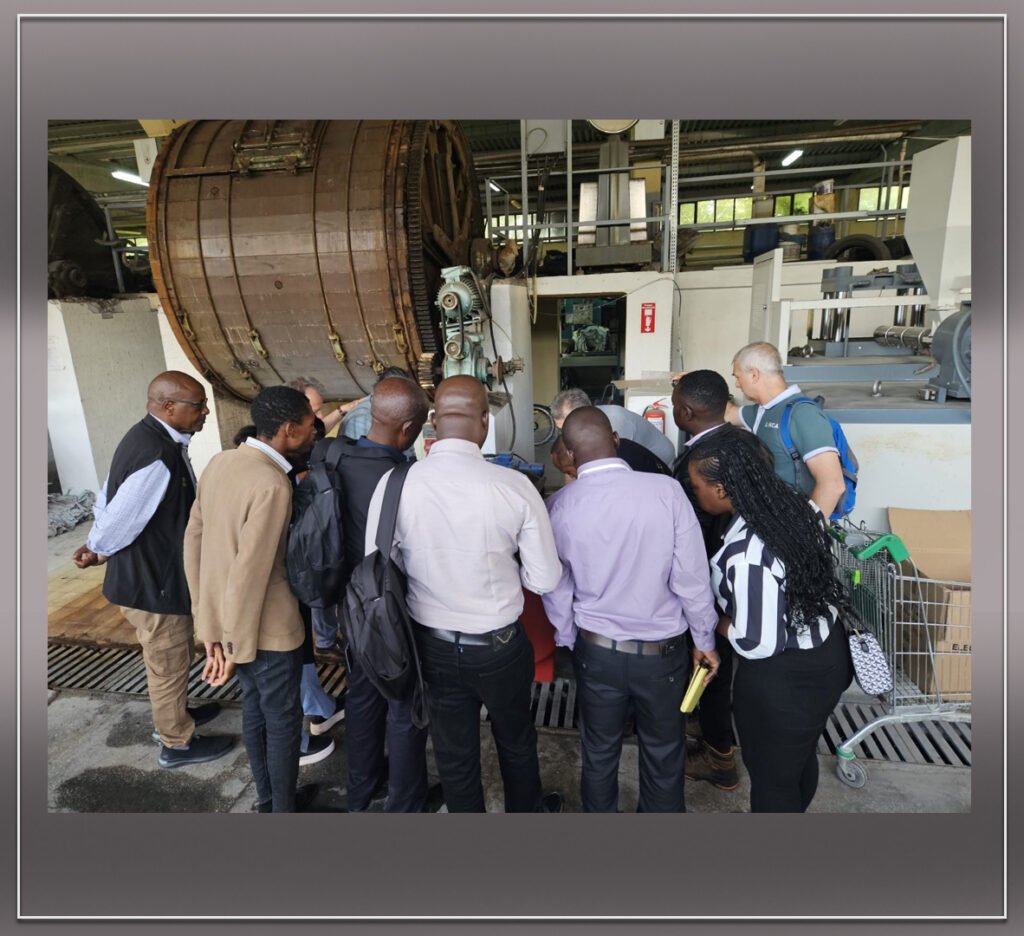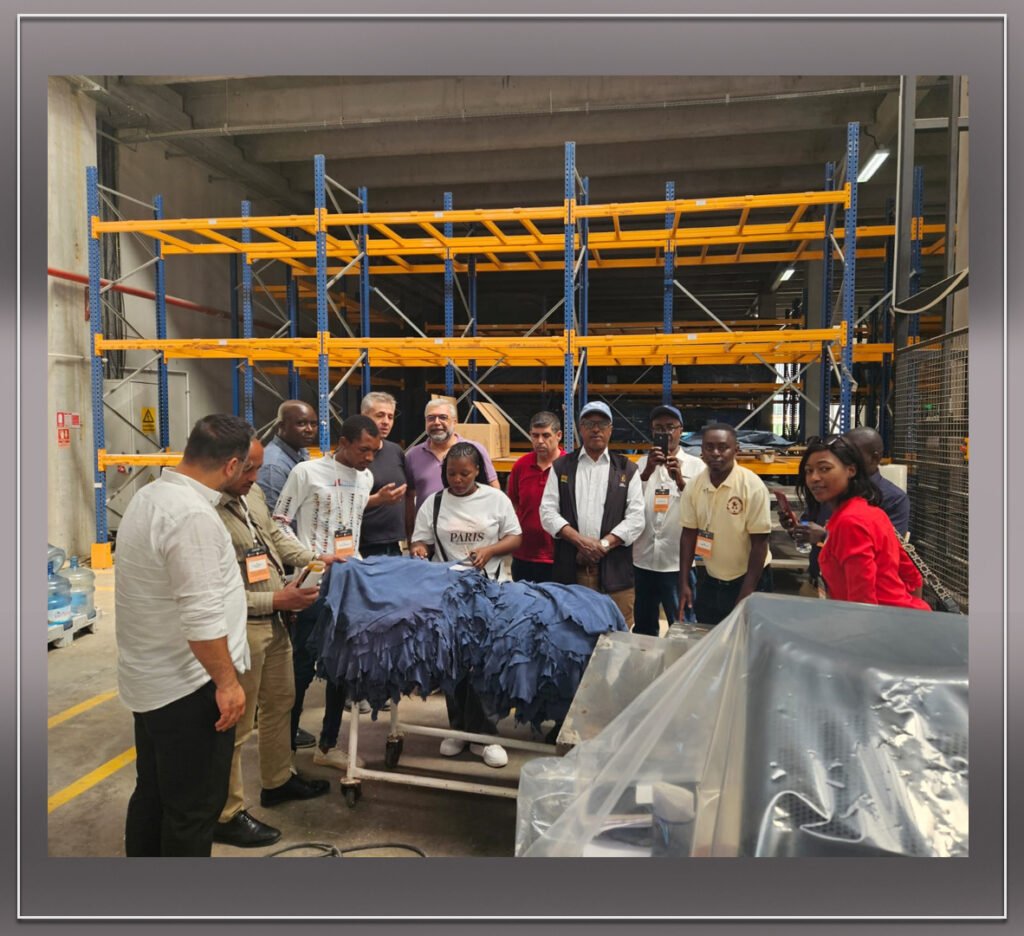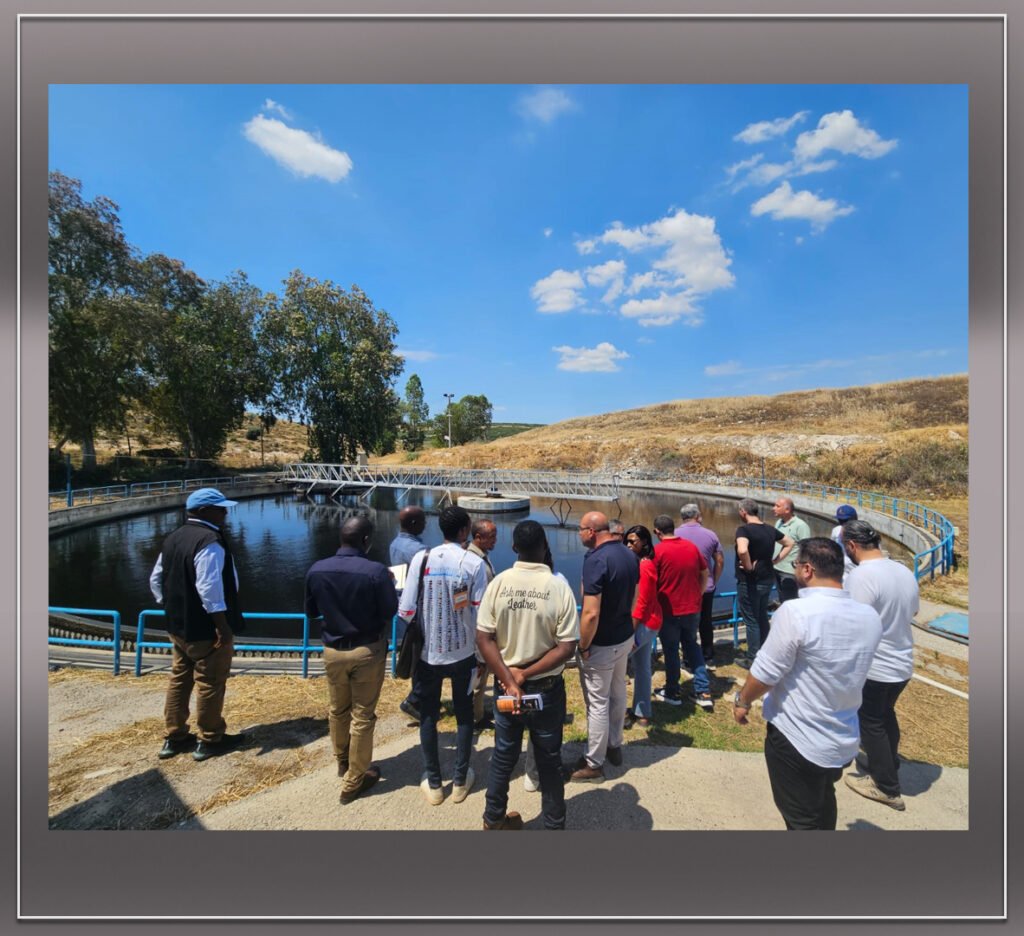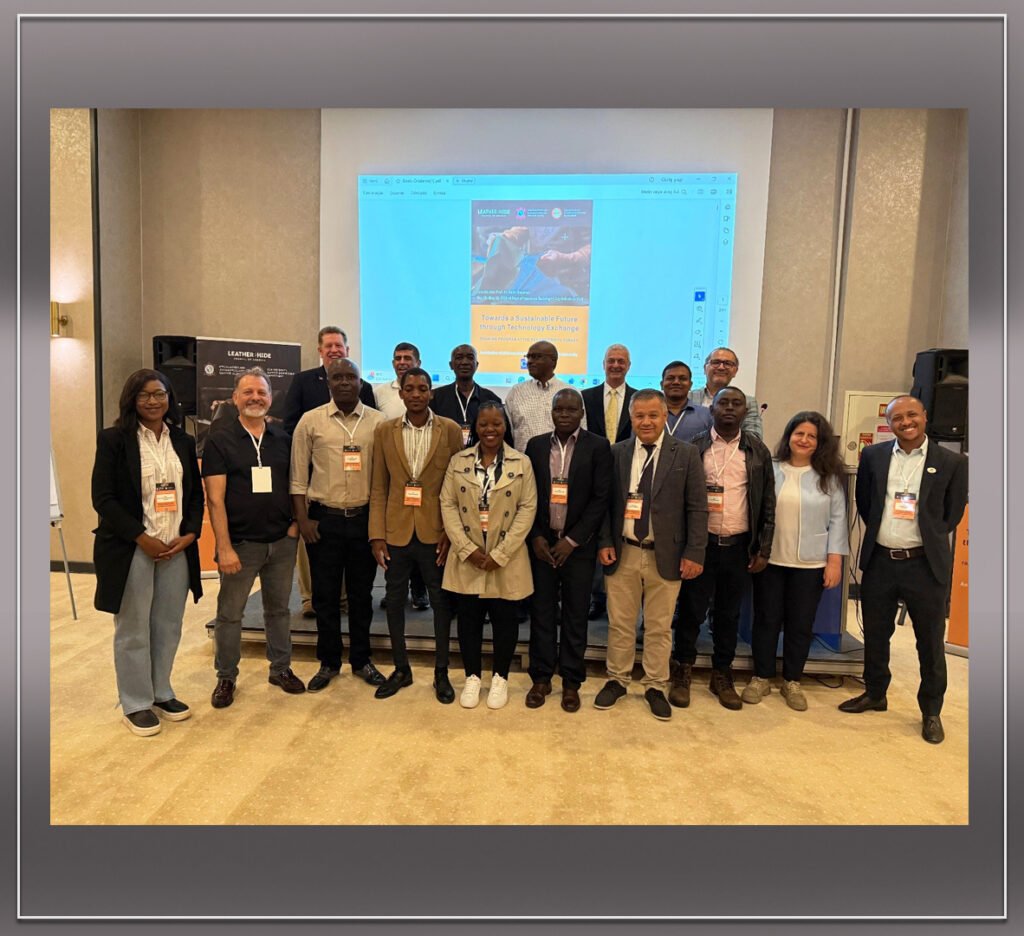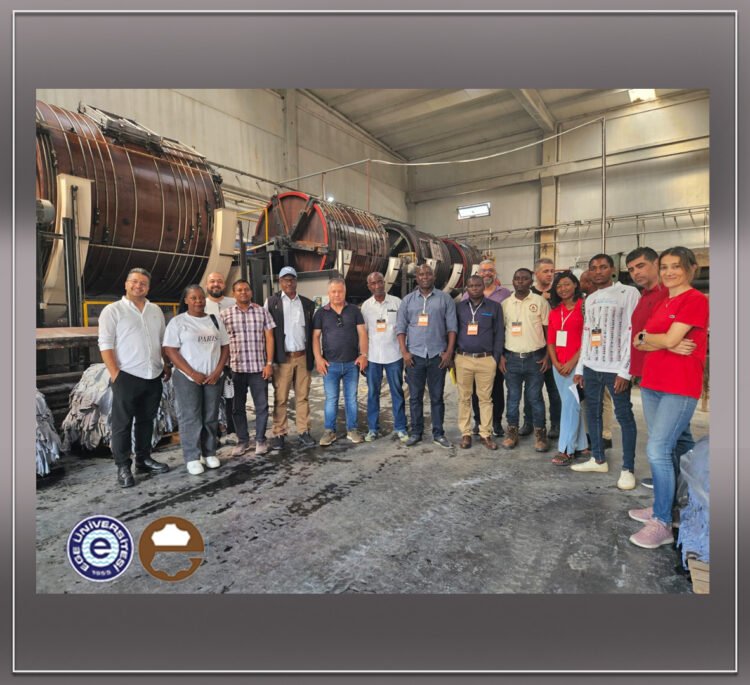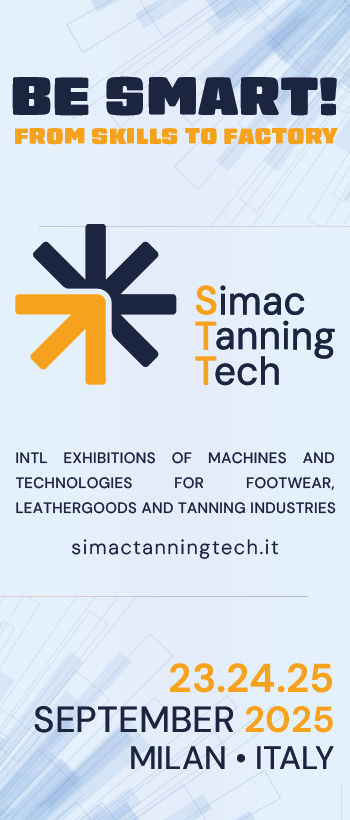Funded by the USDA and led by the Leather and Hide Council of America (LHCA), in collaboration with Ege University and the Africa Leather and Leather Products Institute (ALLPI), an intensive training program took place in İzmir from May 26–30, 2025.
As part of a USDA-funded initiative led by the Leather and Hide Council of America (LHCA), Ege University’s Department of Leather Engineering hosted a comprehensive training program titled “Towards a Sustainable Future through Technology Exchange” between May 26–30, 2025, in İzmir.
Delegates from Ethiopia, Burundi, Zimbabwe, Malawi, Zambia, and Uganda—including leather technologists, tannery owners, and policymakers—participated to gain practical skills and technical knowledge in sustainable leather production.
The week-long program offered a well-rounded mix of expert lectures, hands-on workshops, and industry site visits, offering participants a 360-degree perspective on green manufacturing methods.
Program Highlights:
Day 1 – Raw Hide Utilization and Sustainable Processing Parameters
- Keynotes from LHCA Vice Presidents Mr. Kevin Latner and Mr. Dave Seaver on U.S. raw hides and their global use.
- Presentation by Assoc. Prof. Dr. Gökhan Zengin on critical sustainability parameters for leather production.
Day 2 – Novel Alternatives and Solid Waste Management
- Expert sessions by Prof. Dr. Bahri Başaran, Assoc. Prof. Dr. Eylem Kılıç, and Mr. Al Mizan.
- Practical ecological liming workshop led by Mr. Kuntay Berlan Birinç and Prof. Başaran.
Days 3 & 4 – Ecological Compliance and Technology
- Topics included workplace safety, effluent treatment, and chemical regulation.
- Delivered by experts from Ege University and industry professionals.
- Green tanning workshop was conducted by Prof. Başaran, Mr. Kuntay, and Mr. Mizan.
Day 5 – Industry Immersion and Site Visits
- Participants visited Akaylar and Ağaoğlu Tanneries, as well as İZBAŞ Industrial Zone to observe modern Turkish leather manufacturing.
- Observations of large-scale wastewater management at the Menemen Leather Industrial CETP.
Special Acknowledgments:
Thanks to LHCA Vice President Ms. Jane Li for her coordination efforts; Mr. Kevin Latner and Mr. Dave Seaver for strategic contributions; Prof. Dr. Bahri Başaran for program leadership; the hosting teams at Akaylar, Ağaoğlu Tanneries and İZBAŞ; and ALLPI representatives, including former director Prof. Mwinyihija Mwinyikione and acting director Mr. Nicolas Mudungwe.
Gratitude also goes to Dr. Abdel Rahim M. Ahmed and the CBiT team for African coordination and logistics.
The program reaffirmed that sustainable leather production is not only achievable but urgently needed. Further cooperation is expected to support greener global value chains in the leather sector.
